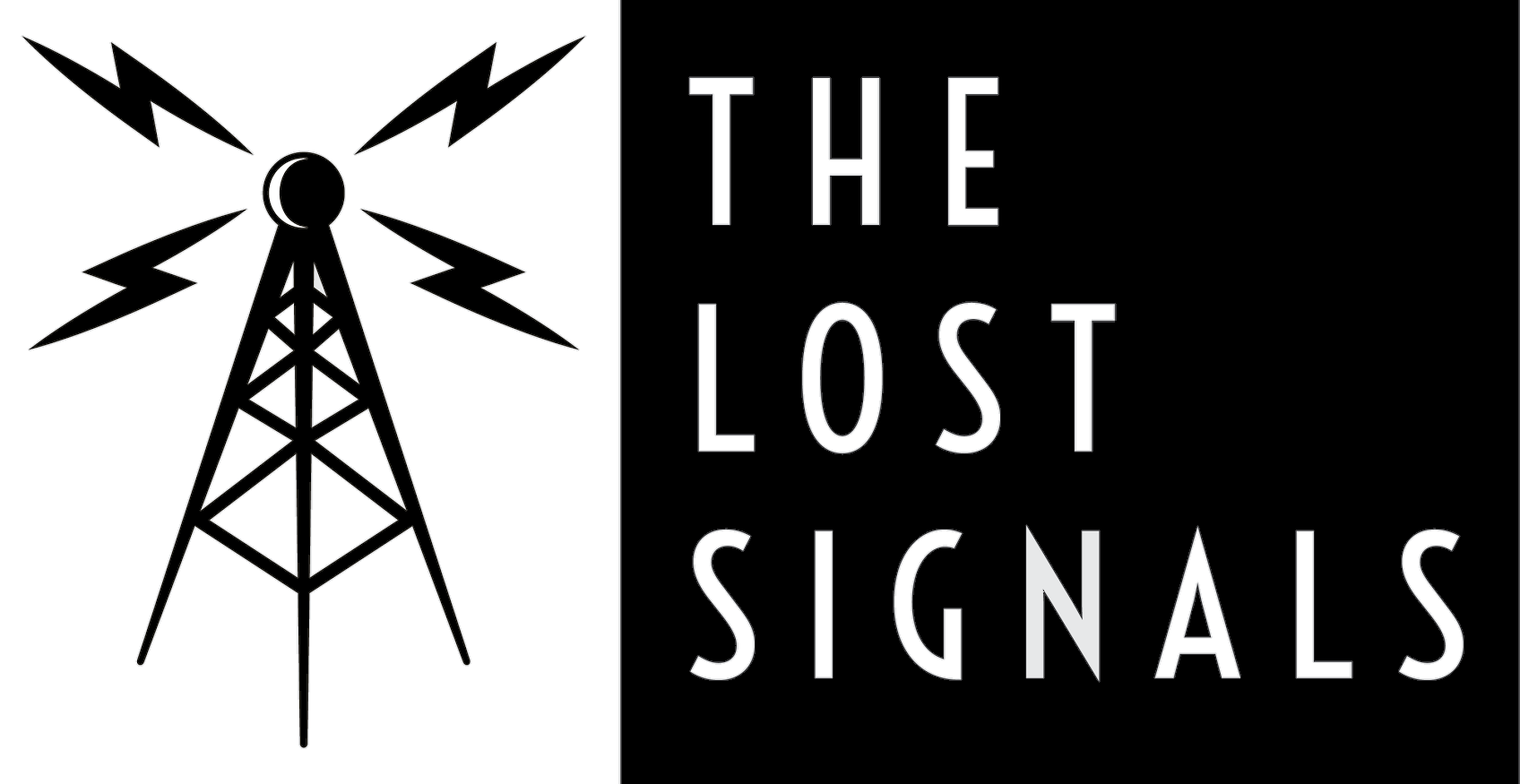In lieu of the apocalypse, we humans have created an absurd number of golden calves to the idea. A concept so repugnant that our stories find it nearly impossible to follow to its realistic and logical conclusion, the world’s end has been a fascinating study of the human capacity for denial since the invention of narrative. These days, everyone has their own doomsday survival plan. And as cool as it is to pretend you’re going to be one of the people who is strong enough to survive, here’s a simple fact: You’re not. You’re going to die. Don’t believe me? Well come find me after it all goes down and prove it.
So the question left hanging over your apocalypse-infested corpse is: Why are we, as individuals, so oblivious to our own frailty? The answer to this, I believe, is our complete and unwavering faith in our own hero narratives. We are the ones who will change the course of human events. We are the ones who persist. That’s why we always pretend that humankind will be the arbiter of our own final days. Despite all evidence to the contrary, we like to think we’re in control. There’s nothing wrong with that, by the way. But it is a strange thought — almost as though we, as a society, are resigned to the fact that humanity en masse is suicidal, and we’re just trying to figure out how we’re going to do it. And more importantly, how we’re going to survive it.
Nukes, weaponized plagues, climate change, religion, alien invasion. These are all examples of human creations intended to push the narrative that we are coming closer and closer to the eve of our own destruction. And who am I to argue that fact? There is certainly evidence to back it up. What is interesting to me is the fascination with what happens to us afterwards. Again, we are our own main characters in these stories. We write what we know. The ever-present threat of death has shaped us into creatures who strive to learn more about an altogether unknowable culmination of events. We have a damned doomsday clock for Pete’s sake.
“As individuals, we all deal with it in our own way, but apocalypse fiction lets us become the masters of death.
But what’s the point of looking at these things? What makes them important in the here and now? Doomsday scenarios are ways to explore the future. Ways to talk about what may happen as we continue into the great unknown, pushing the limits of our resources and waiting for them to stretch too far and eventually snap back on us. They are a way to confront the fact that, despite all the things we’ve accomplished and learned, there is still so much we can’t do and don’t know. They are attention-grabbing in a way that saying the planet-wide temperature just went up a quarter of a degree isn’t. And they give us a sort of life after death.
The continuation after death is something that has interested human beings in one form or another since we figured out death was a foregone conclusion. As individuals, we all deal with it in our own way, but apocalypse fiction lets us become the masters of death. We choose how it happens. We decide who lives and who dies. Fiction in general is our most exact way of playing god, and throwing the whole world down the drain and starting over is an act of cleansing. To become immersed in that as a survivor, you become a relic of everything we hold dear. Huh, looking at it from that point of view is almost romantic. You are a wayward torchbearer for the most advanced civilization to ever walk the Earth. Congrats.
Anyway. Writing and talking about the end is as natural as a kid trying to figure out the whole death of a pet thing. It is a progression of theory from known to unknown. It is a quagmire. Welcome to the mind-suck. It’s not about the world. It’s about us. Has someone already written the true end of the world? Have millions of people already played through it? Who knows? Who cares, really? At that point, as I told you earlier, you’ll be dead. And I’ll be dead. And eventually we’ll all be dead. But isn’t it fun to play games that let us pretend we won’t?
-Steven Ormosi

Recent Comments